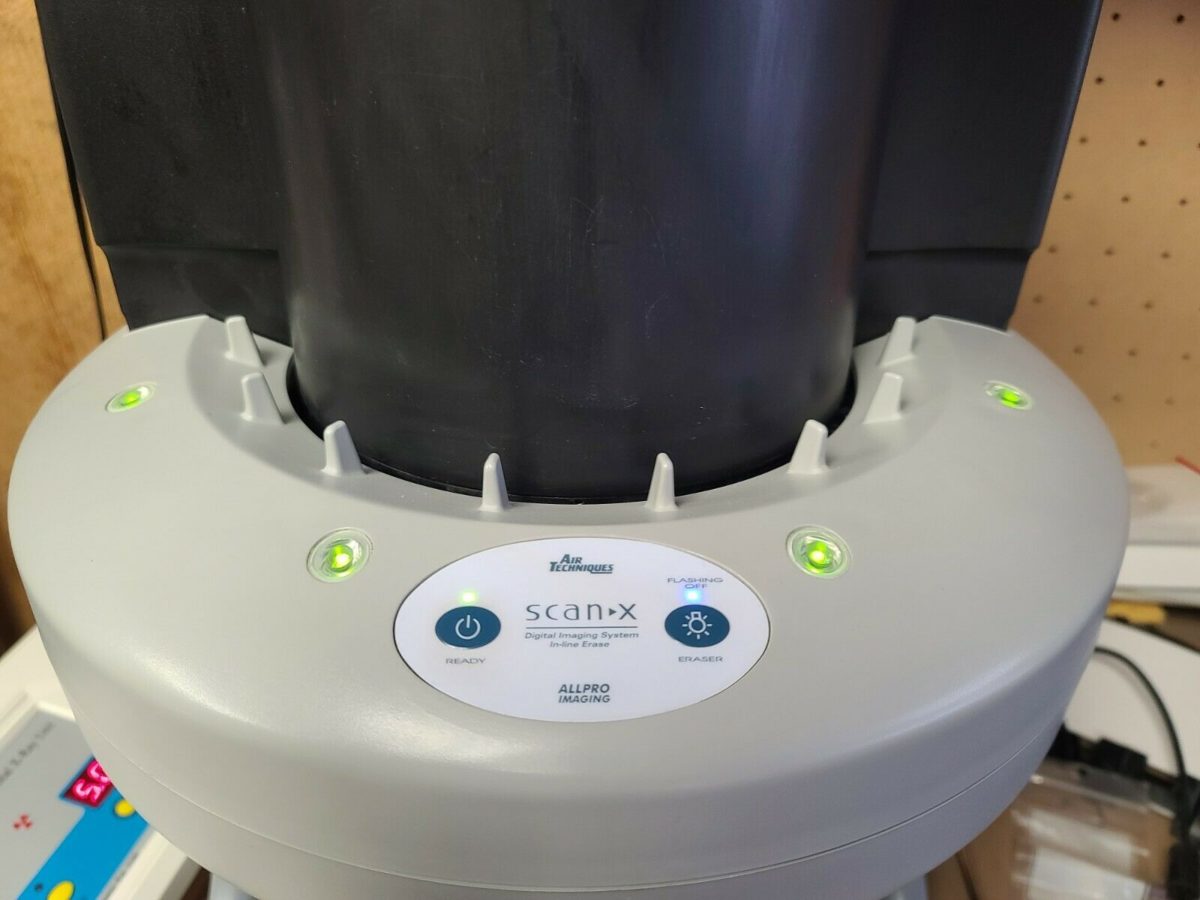


The American Lung Association has a wealth of resources available to help you. Living with a chronic lung disease can be challenging. You may also find it useful to print out Getting Ready for Your Next Office Visit to jot down your questions in a more formal way. It can help to write down your questions before your appointment and hand them over. It is important to have a frank and open conversation with your healthcare provider about your mucus production and any other symptoms of your chronic lung disease. Discuss the types of over the counter or prescription medications that may help you clear mucus. Your healthcare provider may recommend medication.
#THE GUNK ALL SCANNABLE ITEMS MANUAL#
This can be done using manual chest physical therapy, airway clearance devices, or handheld positive expiratory pressure devices.

Some people may find that their mucus becomes thicker when dairy products, like milk or ice cream, are consumed. Some people experience more mucus after recently quitting smoking because the cilia is now able to do its job more effectively. Nicotine, the addictive chemical found in cigarettes, paralyzes the cilia or fiber-like cells that help move mucus out of your lungs. Smoking produces thicker mucus and increases the amount of mucus in the airways. You can lie down in different positions to help clear the mucus. Uncontrolled coughing fits may trap mucus in your airways. Controlled coughing loosens mucus and helps it move through the airways. Discuss these options with your healthcare provider to find a strategy that works for you, and together you and your healthcare provider can monitor the results. If you are experiencing excess mucus production, there are steps you can take to help prevent and clear the mucus in your lungs.
#THE GUNK ALL SCANNABLE ITEMS HOW TO#
Learning more about how to prevent, treat and manage symptoms, including mucus, of your chronic lung disease can help improve your overall lung health. Living with a chronic lung disease means you are likely experiencing an excess of this thick and sticky fluid in your lungs. More than just an unpleasant nuisance, mucus that collects in your airways can make breathing more difficult and increase your risk of infection, which can further damage your lungs. You can see how this works in our new animation that explains how a cough works, and the important part that mucus plays in clearing your airways from smoke, germs, dust and chemicals. Mucus has an important role in your lung’s immune response because it traps irritants in your airways and helps allow your body to expel them through coughing. In undamaged airways, oxygenated air moves easily through tubes, helped along by tiny hairs that line the airways called cilia.

It is a common symptom in chronic lung diseases such as COPD (including chronic bronchitis and emphysema), cystic fibrosis, bronchiectasis, NTM lung disease or asthma. Mucus in the lungs is known as phlegm or sputum.


 0 kommentar(er)
0 kommentar(er)
